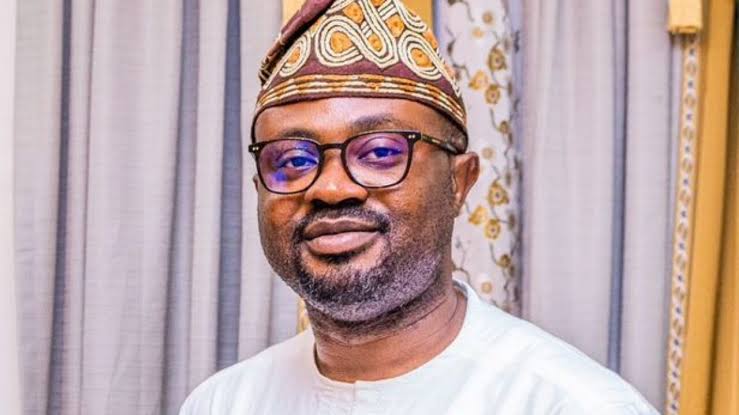MONTEVIDEO, Uruguay (CHATNEWSTV) — The European Union and South America’s Mercosur bloc struck a long-awaited trade agreement Friday after 25 years of negotiations, marking a pivotal moment for transatlantic economic ties despite deep divisions in Europe.
In a press conference in Montevideo, European Commission President Ursula von der Leyen joined Mercosur leaders to announce the agreement, which still faces significant political and procedural hurdles.
“This agreement is not just an economic opportunity; it is a political necessity,” von der Leyen said.
“I know strong winds are blowing in the opposite direction, towards isolation and fragmentation, but this is our united response.”
The pact, updated from a 2019 draft, includes provisions on public procurement, auto trading, and critical minerals. A new annex on environmental measures aims to address Mercosur’s concerns over EU protectionism.
“After more than two decades, we have concluded negotiations,” Brazilian President Luiz Inácio Lula da Silva wrote on X.
Yet the road ahead is fraught. The deal must undergo legal scrutiny, translations, and ratification by all member nations—steps that could derail it. France has already branded the agreement “unacceptable,” citing environmental and agricultural concerns.
France and other EU nations, including Italy and Poland, have pledged resistance. French Trade Minister Sophie Primas argued the deal threatens European farmers and fails to uphold green standards.
Farm lobby group Copa-Cogeca called for protests in Brussels, warning of cheap imports flooding EU markets. “This is a climate-wrecking deal,” environmental group Friends of the Earth said.
Conversely, supporters like Germany and Spain view the deal as essential to diversifying trade away from China and Russia. Spanish Prime Minister Pedro Sanchez called it a “vital” step for Europe’s green and economic transitions.
Von der Leyen’s last-minute trip to Montevideo underscored the urgency. Only she and Uruguayan President Luis Lacalle Pou spoke at the press conference, with no questions allowed.
“Only two of the five spoke and no questions were taken. That, in itself, speaks volumes,” said an EU official. “This came out by the skin of its teeth.”
South American leaders struck a more optimistic tone. Paraguayan President Santiago Peña called it “an important step” but acknowledged more work ahead.
If ratified, the agreement would create one of the world’s largest trade zones, linking nearly 800 million people across both continents.
Gabriel Ani contributed to this report




